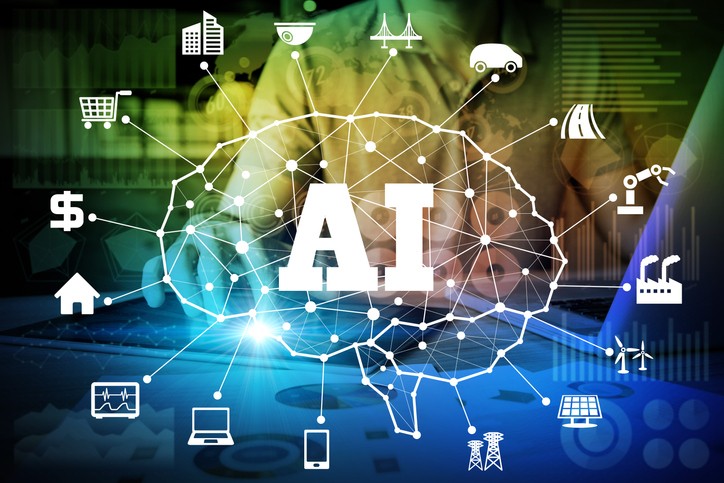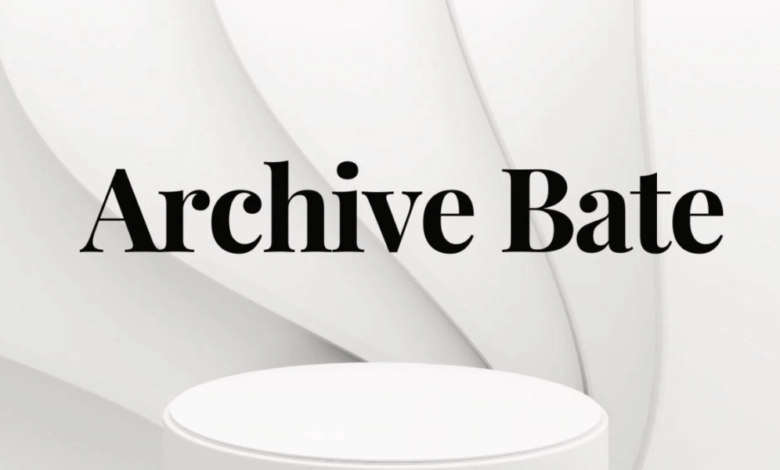Artificial Intelligence (AI) has evolved rapidly over the past decade, influencing industries and everyday life. Among the many developments shaping AI’s future, the introduction of SIA 588B is a significant milestone. Recognized by AI enthusiasts and experts alike, SIA 588B is a legislative framework that is designed to regulate and promote ethical AI development. In this article, we will explore how SIA 588B is shaping the future of AI, as analyzed by leading AI publication AI Times, and its implications for the global tech community.
What is SIA 588B?
SIA 588B is a proposed legislative framework aimed at creating regulatory guidelines for the development and deployment of AI technologies. It addresses key issues such as data privacy, algorithmic bias, transparency, and accountability in AI systems. The law was crafted to ensure that AI development is responsible, ethical, and beneficial to society, preventing misuse and ensuring fair and equitable access to AI technologies.
The Importance of Regulation in AI Development
As AI systems become more integrated into various sectors, from healthcare to finance, the need for regulations like SIA 588B has grown. AI Times emphasizes that without a clear regulatory framework, there is potential for AI systems to exacerbate inequalities or operate without oversight, leading to serious societal and ethical issues. SIA 588B ensures that AI systems are developed with care, protecting users from data breaches and ensuring that algorithms are free from bias.
Key Features of SIA 588B
One of the notable features of SIA 588B is its focus on transparency and accountability. Under this framework, AI developers are required to provide documentation that outlines how their AI systems work, the data used, and the potential biases inherent in their algorithms. This transparency allows for better oversight and enables stakeholders to assess AI systems for fairness and ethical concerns. AI Times highlights that SIA 588B’s emphasis on transparency is crucial for fostering public trust in AI technologies.
Ethical Implications of SIA 588B
Ethics plays a pivotal role in the SIA 588B framework. With growing concerns over the misuse of AI for surveillance, biased decision-making, or mass manipulation, this regulation seeks to safeguard against such abuses. AI Times points out that the ethical standards established by SIA 588B ensure that AI development is grounded in human-centric values, promoting inclusivity and fairness.
Impact on Data Privacy
Data privacy is a significant concern in the realm of AI, as vast amounts of personal data are often used to train algorithms. SIA 588B introduces stringent data protection measures, requiring developers to use data responsibly and with explicit user consent. AI Times notes that these measures not only protect individuals but also create a more secure environment for innovation, where companies can experiment without fear of infringing on users’ rights.
How SIA 588B Promotes Innovation
While SIA 588B imposes regulatory constraints, it is also designed to foster innovation. According to AI Times, the framework encourages developers to create AI solutions that adhere to ethical and legal standards, pushing the industry toward sustainable and socially responsible growth. By laying down clear guidelines, SIA 588B provides a pathway for safe experimentation and creativity in AI development.
Addressing Algorithmic Bias
Algorithmic bias has been a major issue in AI development, leading to unfair outcomes in critical areas like hiring, law enforcement, and lending. SIA 588B places strict requirements on developers to identify, mitigate, and report biases within their algorithms. AI Times emphasizes that this provision will lead to more equitable AI systems, reducing discrimination and fostering a more inclusive society.
SIA 588B and AI in Healthcare
Healthcare is one of the sectors most influenced by AI, with applications ranging from diagnostics to personalized medicine. SIA 588B addresses the importance of accuracy and fairness in AI-powered healthcare systems, ensuring that they are free from bias and deliver consistent, high-quality outcomes. AI Times points out that by regulating healthcare AI, SIA 588B ensures that patients benefit from safe and reliable AI applications.
Global Implications of SIA 588B
While SIA 588B is a national regulatory framework, its implications extend globally. As more countries adopt similar legislation, AI developers will need to create technologies that comply with international standards. AI Times predicts that SIA 588B could set a precedent for other nations, contributing to a globally harmonized approach to AI regulation.
SIA 588B’s Role in AI Transparency
A core aspect of SIA 588B is its demand for AI system transparency. AI developers are required to disclose not only how their systems function but also the potential biases and risks associated with their use. AI Times notes that this level of transparency will make AI systems more accountable, allowing for better public scrutiny and trust in AI-powered solutions.
Collaboration between Governments and AI Developers
To successfully implement SIA 588B, collaboration between governments, AI developers, and industry leaders is essential. AI Times highlights that such collaboration will allow for smoother adoption of regulations, ensuring that innovation continues while ethical and legal standards are maintained. This partnership will also help AI developers stay compliant with evolving rules and guidelines.
Challenges and Criticisms of SIA 588B
Despite its many advantages, SIA 588B is not without its challenges. Critics argue that the framework could stifle innovation by imposing too many constraints on developers, particularly smaller startups with fewer resources. AI Times acknowledges this criticism but argues that the benefits of a regulated, ethical AI landscape outweigh the potential drawbacks, as regulations help to avoid catastrophic failures in AI deployment.
Conclusion
SIA 588B represents a forward-thinking approach to AI regulation, combining ethical considerations with innovation. As detailed by AI Times, this framework is poised to shape the future of AI development by setting high standards for transparency, data privacy, and fairness. While challenges exist, the long-term benefits of ensuring ethical and responsible AI far outweigh the risks. As we move toward a future dominated by AI, SIA 588B offers a clear path for sustainable and equitable growth in this transformative field.














Leave a Reply